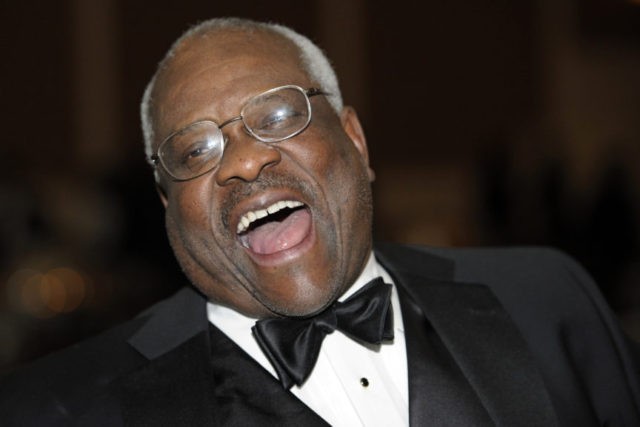Kimani Paul-Emile, an associate professor of law at Fordham University, argued recently that being black should be considered a disability.
In an upcoming entry for the Georgetown Law Review, Fordham Law Professor Kimani Paul-Emile argues that being black in America is akin to having a disability. She didn’t stop there. Paul-Emile goes on to argue that laws similar to the Americans with Disabilities Act (ADA) should be created for Black Americans. Paul-Emile’s piece was republished as a blog post on Fordham Law School’s website.
Is being black in the United States today a disability? This may seem a startling question, but it accurately reflects what Black, as a racial designation, is and was designed to be: disabling. Racial categories were created explicitly to serve as a caste system to privilege some and disadvantage others. Within this system, racial minority status was devised to limit opportunity, participation, and achievement, and it continues to do so in many areas of social and economic life.
Viewing “Blackness as disabling … brings to the fore a surprising new approach to addressing discrimination and systemic inequality that has been hiding in plain sight: disability law,” Paul-Emile wrote.
Paul-Emile goes on to describe how disability laws could benefit Black Americans. “Rather than focusing on malicious intent, disability law accepts the impact of even neutral actions, policies, and programs, directly confronting the ways in which social structures, institutions, and norms can ‘substantially limit’ a person’s ability to perform ‘a major life activity.’ It thus requires that even discrimination based on unacknowledged bias be addressed,” Paul-Emile wrote.
The piece wouldn’t be complete without a reference to “white privilege.” Paul-Emile argues that recognizing “Blackness” as a disability would force Americans to grapple with the concept of “white privilege” and how it is embedded into the nation’s laws and policies.
“…To recognize Blackness as a disability therefore requires us to acknowledge the ways in which racial hierarchies and White privilege persist and are embedded within these laws, policies, and practices such that they reify the very inequities they seek to eliminate,” she wrote.
Paul-Emile graduated with a Bachelor’s Degree from Brown University. She also holds a J.D. from Georgetown University and a Ph.D. from New York University. The Georgetown Law Review piece is due to be published in later in 2018.

COMMENTS
Please let us know if you're having issues with commenting.